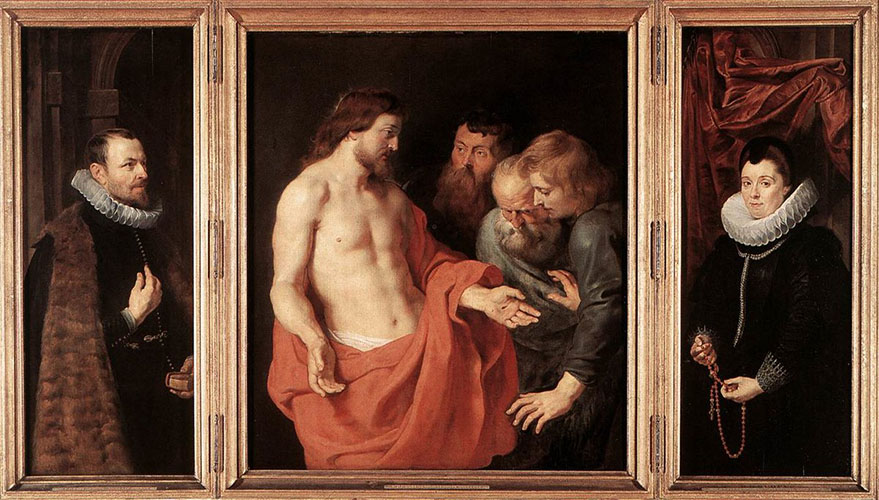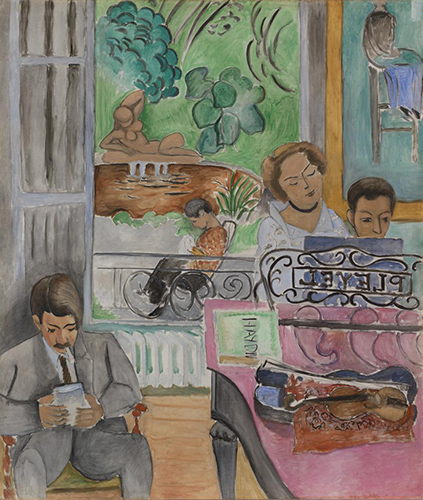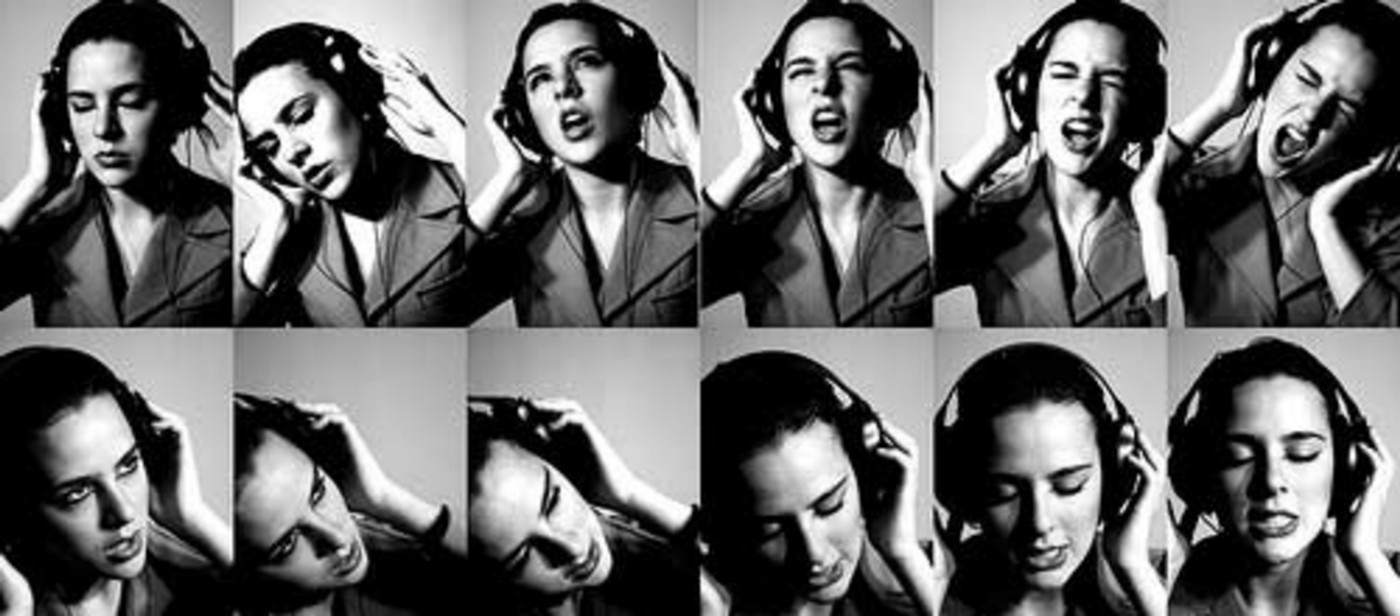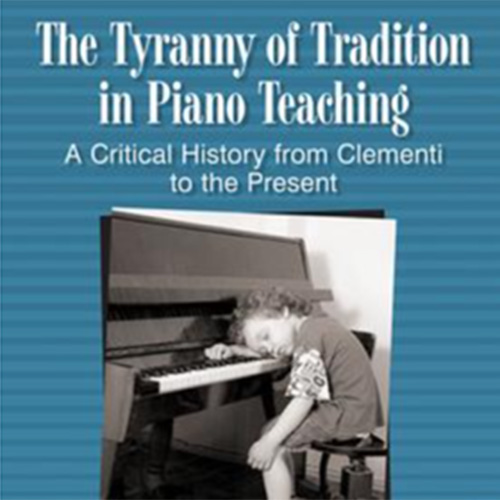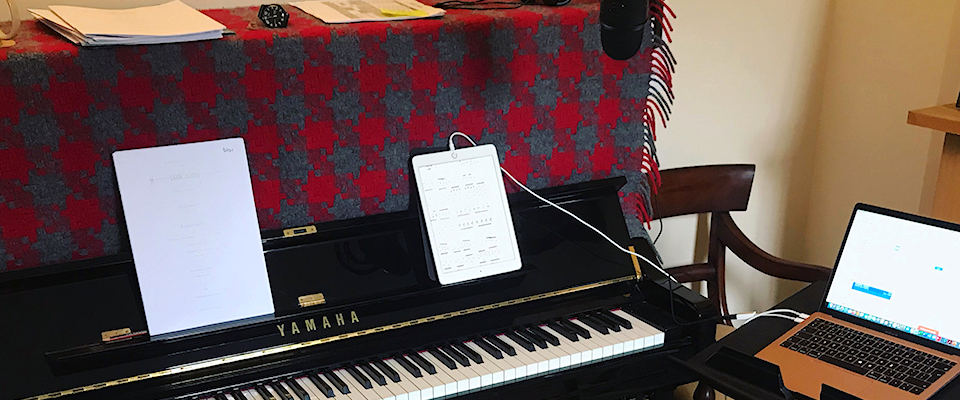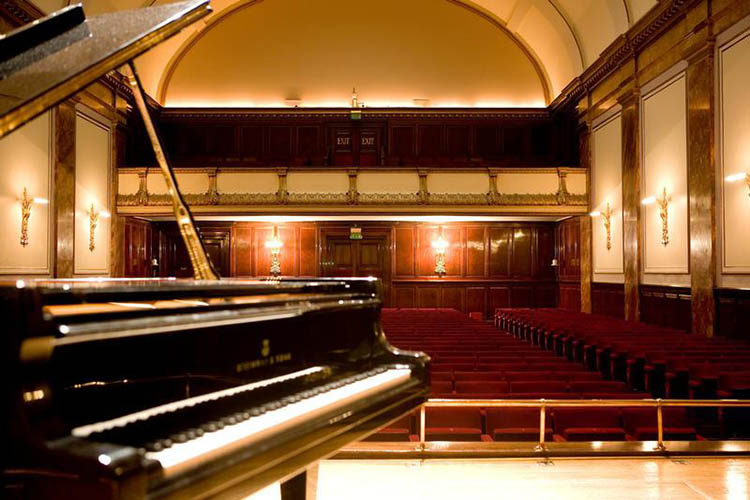A patron — in French mécène, from Gaius Mæcenas, first Roman ”patron of arts” — supports artists by providing them with financial, promotional or material contributions (that sometimes extends to a place to work and/or live), and through commissioning them
Articles
It seems as if almost our entire world has moved online in response to the coronavirus. “Online” is our means to work and to play, and musicians have embraced it fully, from livestreamed concerts from their living rooms to ensemble
What on earth is mood music? As a composer, I write music to offer or extract a certain feeling from a listener, but do I intentionally create music to suit a mood or a place? Not that I’m aware of.
This is a sharp, humorous critique of book tradition of piano instruction and the current music education system, particularly in the United States. Author, Walter Ponce, is an internationally acclaimed pianist, pedagogue, and Professor Emeritus at the State University of
During this extraordinary period of one’s musical career – at the height of the Coronavirus (COVID-19) pandemic – every teaching musician affected by lockdown has a single professional goal: instrumental lessons must be kept safe, personal and inspirational, and pupils’
John Gilhooly, Director of London’s prestigious Wigmore Hall, has announced a new series of lunchtime concerts at the Hall, starting on 1 June. This is, sadly, not a return to “normal” for classical music – far from it – but
Rhythm begins in the womb with the heartbeats of the mother and the child. The synchronisation of the heartbeats of a mother and her foetus does actually occur at times, this shows us how important that rhythm is to us
Can you imagine naming a whole class of trains after composers? That’s what British Rail did with its Class 92 electric locomotives. From Beethoven to Wagner (or, so cite British composers, from Britten to Sullivan), the names of composers from

